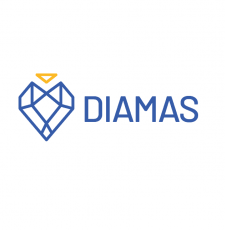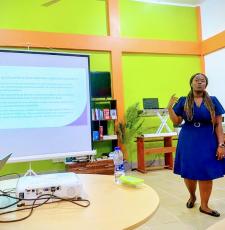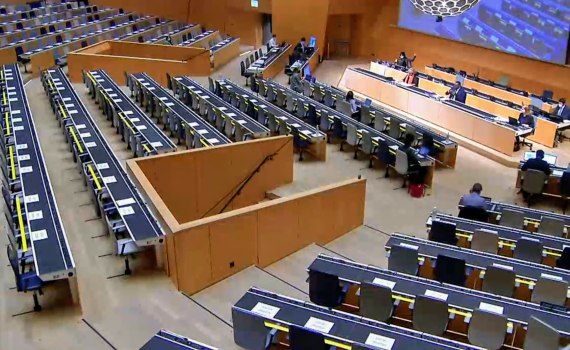
Teresa Hackett, EIFL’s Copyright and Libraries Programme Manager, reports from the WIPO (World Intellectual Property Organization) copyright committee that met recently in hybrid mode in Geneva
WIPO’s Standing Committee on Copyright and Related Rights (SCCR/40) recently met for the first time in over a year due to the COVID-19 pandemic. EIFL was represented by Teresa Hackett, EIFL Copyright and Libraries Programme Manager and Dick Kawooya, University of South Carolina, who called for fair access to broadcast content by libraries, adoption of a work plan digital preservation, and highlighted the challenges of public lending right in developing countries.
The meeting took place in hybrid mode, meaning that physical participation was limited to a small number of Geneva-based member state delegates, and everyone else participated remotely over five days, for two and a half hours each day. Due to the unusual circumstances, the SCCR’s new chair, M. Aziz Dieng from Senegal, announced at the start of the session that the meeting would not engage in any negotiations or decision-making but would instead take stock of the committee’s work.
Fair access to broadcast content
WIPO member states are negotiating a treaty that would introduce a new exclusive right for broadcast organizations over the content they broadcast (a bit like giving the postal service a right over the content they deliver by post).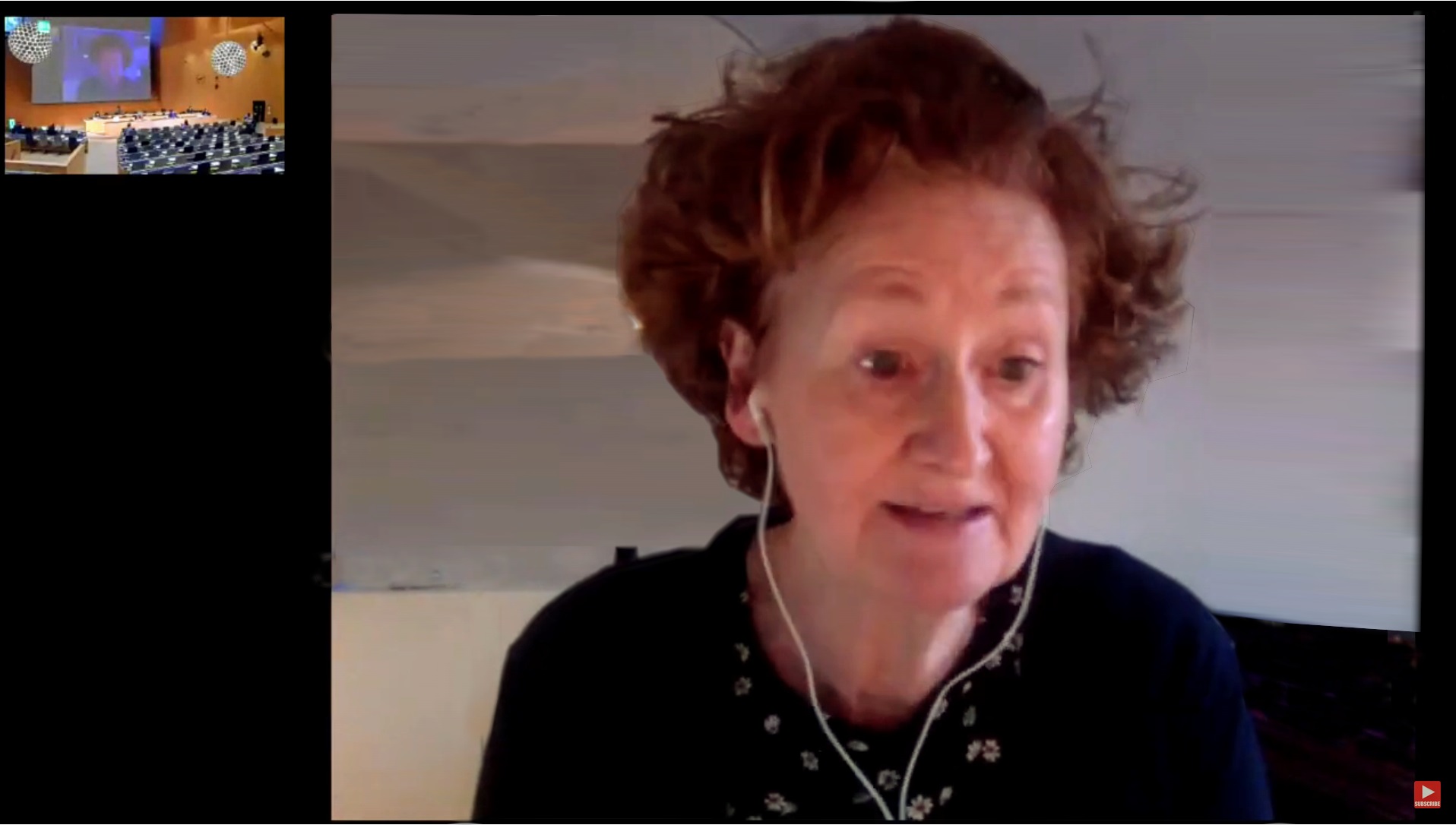
For libraries, a new broadcast right would introduce a new layer of rights to deal with when broadcast content is used for social, educational and public interest purposes, for example, to support educational projects on TV and film, history, or to mark national events such as independence day. The COVID-19 pandemic has highlighted the need for fair access for public interest purposes - broadcasters have played a vital public information role in the pandemic and educational TV has supported remote learning during lockdown, a lifeline in countries with limited access to digital technologies.
The only way to guarantee fair access is to make the exceptions in the draft treaty text (document SCCR/39/7) mandatory, instead of optional. The text should also provide for exceptions that are mandatory in other treaties, such as quotation in the Berne Convention, and the making of accessible format copies in the Marrakesh Treaty. Limitations and exceptions are a recognized part of a properly functioning copyright system, and any new treaty that creates new rights should have equal regard for exceptions and limitations. [Watch EIFL’s statement on broadcasting.]
Limitations and exceptions: start work on digital preservation
The WIPO Secretariat presented its report on four events on limitations and exceptions held in 2019: regional seminars in Singapore, Nairobi and Santo Domingo, and an international conference in Geneva (document SCCR/40/2). The goal of the events was to advance discussion on the issue of limitations and exceptions for libraries and archives, as well as education and research, that have been on the SCCR agenda for more than a decade.
In our statement on the Secretariat’s report, EIFL welcomed the recognition in the report of cultural heritage as an invaluable, and vulnerable, common good. At all four events, there was a high degree of consensus for work by WIPO on preservation of cultural heritage. Experts, government delegates, and observers all recognized the threat posed by natural disasters, fire, and floods to the cultural heritage of many member states, particularly island nations affected by climate change. They also recognized that copyright laws in many countries are a barrier, for example, more than half the countries in Africa do not have a preservation exception.
The COVID-19 pandemic is a reminder of the importance of digital preservation. If material related to the pandemic, such as research data, scientific articles, and public health videos, is not professionally preserved, it won’t exist or it won’t be findable to future scholars and scientists. Countries without clear preservation rights will be left behind with gaps in their national record of responses to the pandemic, or their contributions to finding a treatment, or preserved works may be held by institutions in other countries with better copyright laws.
EIFL asked the SCCR to follow through on the consensus achieved by adopting a work plan on preservation, to include text-based work on a legal instrument, in accordance with the 2012 WIPO Assembly decision that mandates the SCCR to continue discussion towards “an appropriate international legal instrument, in whatever form”. In the meantime, while the SCCR’s work is curtailed due to the pandemic, the Secretariat could retain its expert, Professor Kenneth Crews, to prepare model provisions on preservation to provide countries with timely guidance on this important issue. [Watch EIFL’s statement on limitations and exceptions.]
EIFL also supported the call for a ‘Doha Declaration for Covid’ to promote the flexibilities in the international copyright system so that online activities for education, research and social engagement are not impeded during the pandemic. (The 2001 Doha Declaration on public health clarified flexibilities in the WTO TRIPS Agreement on access to medicines in times of national emergency).
No PLR in developing countries - no tax on library lending
On the last day of SCCR/40, the government of Sierra Leone made a formal proposal for WIPO to undertake a scoping study on Public Lending Right (PLR), with a particular focus on the establishment of a PLR system in developing countries (document SCCR/40/3.REV.2). The proposal was supported by Panama and Malawi.
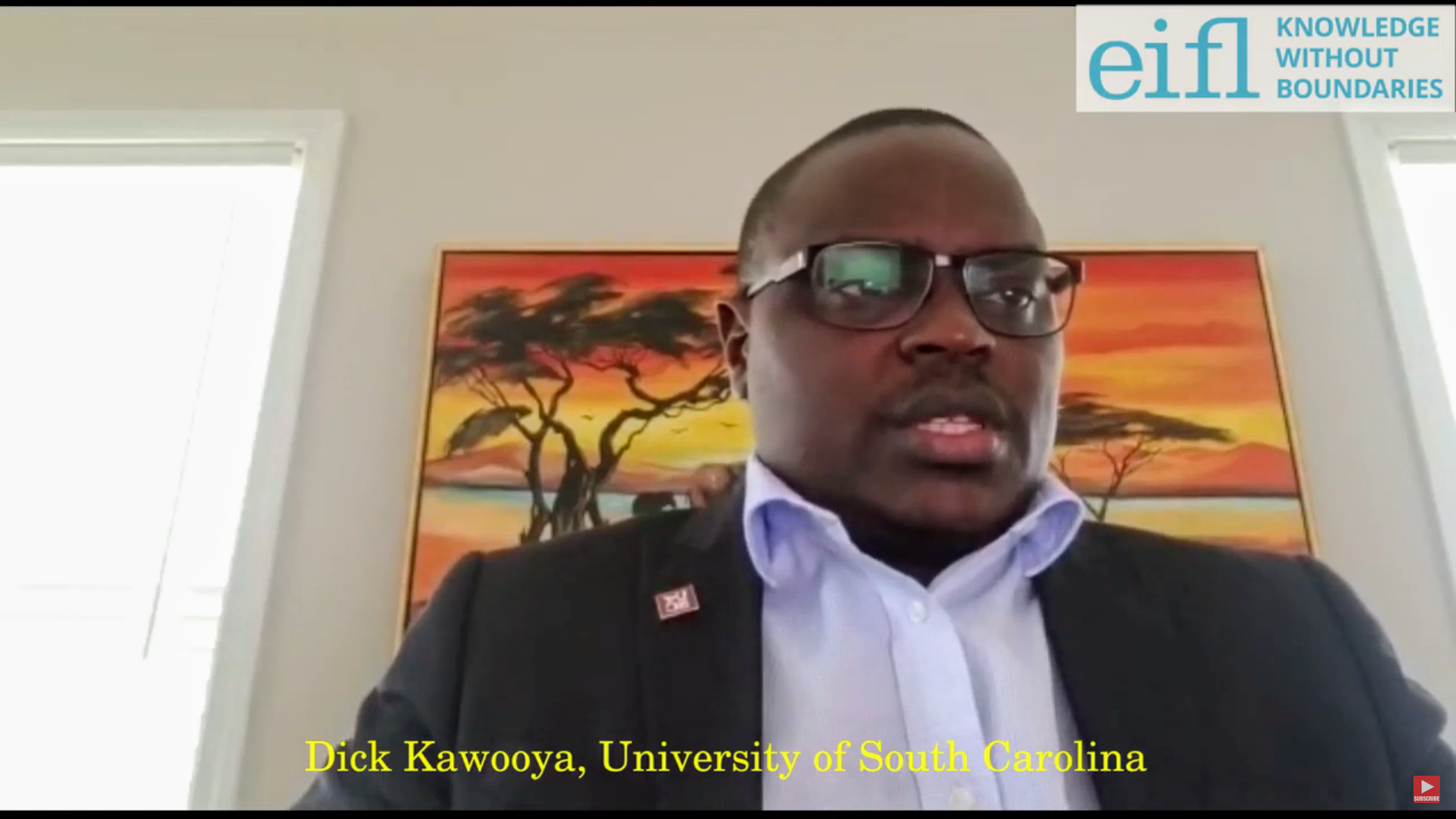 In EIFL’s experience, PLR raises particular challenges in developing countries: in fact in the 1990s, WIPO rejected PLR specifically because of its negative impact on libraries, literacy and development.
In EIFL’s experience, PLR raises particular challenges in developing countries: in fact in the 1990s, WIPO rejected PLR specifically because of its negative impact on libraries, literacy and development.
Of course, EIFL appreciates the goal behind the proposal that is to support authors. However, payments to authors in the form of grants, scholarships and pensions, as mentioned in the proposal, could all be achieved without establishing a PLR system and without imposing what is in effect a tax on library lending. And if financial supports were made directly to authors, they would be more targeted, more transparent and better value for money because they would cut out the middleman who would take a portion of the proceeds. Another easy mechanism to support authors is to allocate a budget for public libraries to purchase works by local authors.
Since time ran out for NGOs to make interventions on PLR, statements were submitted in writing. Read statements from the African Library and Information Associations and Institutions (AfLIA), Canadian Federation of Library Associations (CFLA), EIFL, Innovarte, International Federation of Library Associations and Institutions (IFLA), Knowledge Ecology International (KEI), Library Copyright Alliance (LCA) here.
Watch statements from EIFL, IFLA and CFLA on Youtube here.
Read EIFL’s statements on all the topics at SCCR/40.
WIPO meetings are online here.
Read more about why EIFL is advocating for an international treaty for libraries and archives.
SHARE / PRINT







